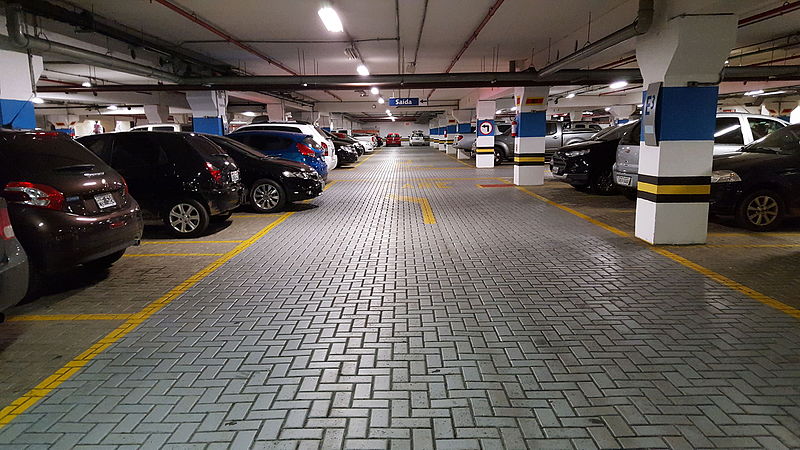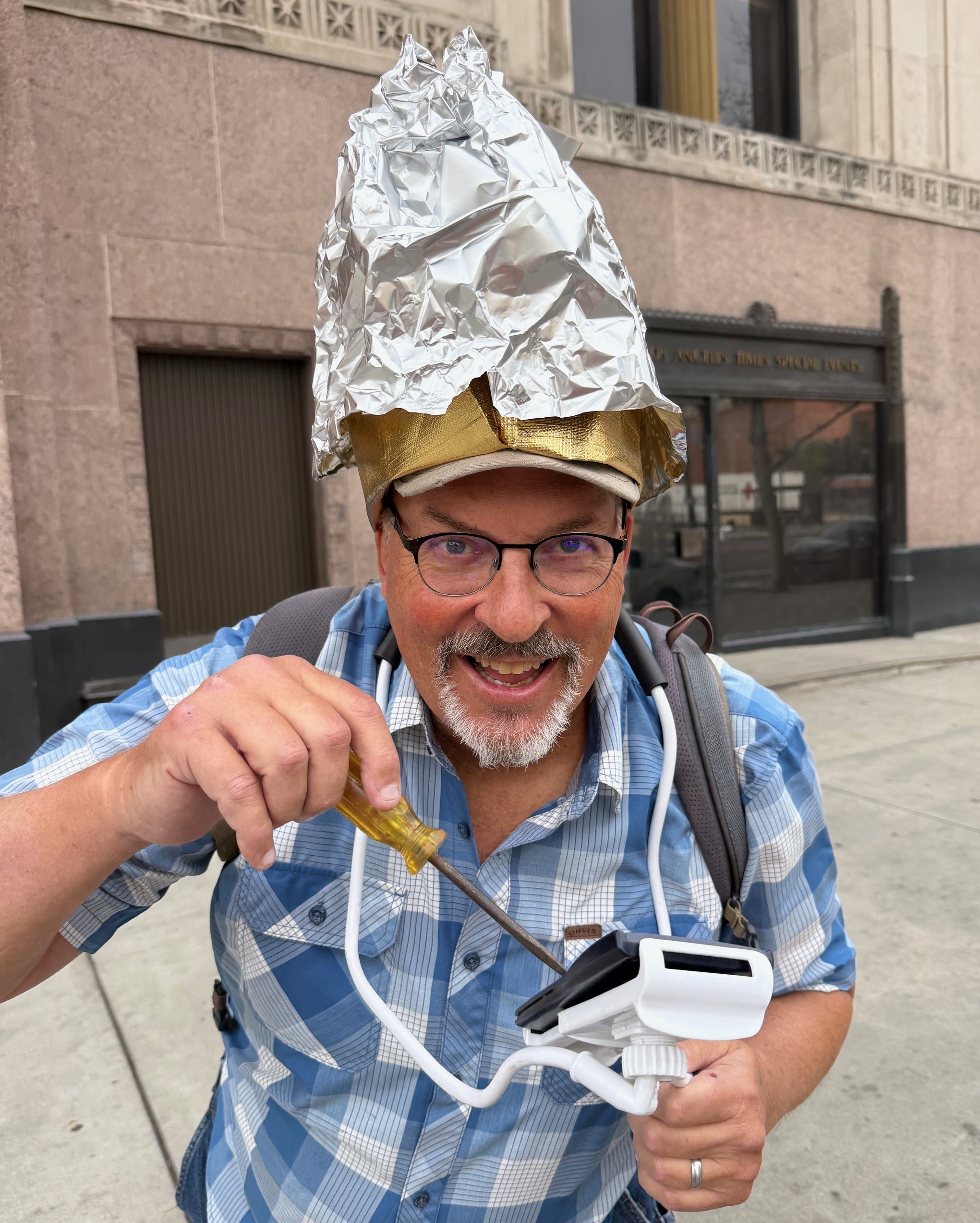
Yesterday, the Los Angeles City Council Planning and Land Use Management (PLUM) Committee approved a motion that could lay the foundation for ending harmful parking requirements for new development.
This could lead to developers right-sizing parking based on what makes sense for a specific project, instead of current one-size-fits-all city codes that apply to both the urban core and far-flung suburbs. Eliminating city parking requirements does not mean that all, or even most, new development will have no parking. It means that parking will be tailored to specific needs for each project.
Many Streetsblog readers know that parking mandates increase housing costs, including rents. Experts term these generally outdated excessive requirements a pseudoscience. Eliminating parking requirements is good for walkability, housing (quantity, affordability, and streamlining approvals), and climate.
California law (A.B. 2097) essentially prohibits city parking requirements for new housing at transit-rich locations. State density bonus law relaxes parking mandates for affordable housing.
Many California cities - San Francisco, San Jose, Sacramento, and Culver City - have eliminated parking requirements citywide. Lancaster, Santa Monica, and San Diego eliminated mandates in core areas.
L.A. City eliminated minimums in some central areas, and Mayor Bass' ED1 eliminated parking requirements for affordable housing in transit-rich areas.
Yesterday's PLUM meeting approved eight separate motions designed to help streamline new housing in the city.
Councilmember Bob Blumenfield introduced the proposed motions, noting they are "intended to reduce the practical and cost barriers to housing production." "None of them changes zoning" Blumenfield stated, "none of them allows more intense development on a property than the underlying zoning allows."
Stressing the severity of the city's housing crisis, Councilmember Nithya Raman spoke on the urgency of fixing cumbersome city processes, "The motions I put forward, in this group, are... to get the city out of the way of slowing projects down, and trying to get getting the city out of the business of making the construction of housing much more expensive."
In addition to the parking reform motion, authored by Blumenfield and Raman, the committee approved motions on facilitating permitting affordable housing, ADUs, plan check, DWP utility connections, housing on public agency (Metro, LAUSD, LACCD) sites, and more. See the meeting agenda for the full list.
Blumenfield noted that the parking motion "doesn't eliminate any parking requirements" at this point. The motion directs city departments to do a report on feasibility and costs/benefits of eliminating parking requirements.
"This issue often gets mischaracterized as the city trying to eliminate parking, but certainly that's not the intent" per Blumenfield, "it's about providing options." Instead of generic city regulations, Blumenfield favors "allowing developers to decide how much parking to provide." "I would expect developers of market rate housing and commercial projects to provide plenty of parking because that's what they have to do in order to be financially successful."
The parking motion approval was a 3-1 split vote, with Councilmembers Blumenfield, Raman, and Heather Hutt in support. The lone no vote was Councilmember John Lee.
Lee framed his opposition citing state laws having resulted in "construction projects in my district that are not requiring parking, and that bleeding into my single family neighborhoods, and then causing parking issues throughout my district."
There are more steps to the city enacting actual parking reform. The motion next goes to a vote of the full city council. If that passes, several months later, city departments will report back on the feasibility of eliminating parking mandates. Then, the council can direct staff to outline proposed changes, which would return to the council for approval.
If it proceeds with great urgency, the whole process is likely to take at least a year to change current parking law. Then the new law would apply to permitting future housing not already in the pipeline, much of which would take years to permit and then build.
Parking reforms are much needed and long overdue. This parking motion and the other PLUM motions are steps in the right direction. Hopefully they move forward with the urgency that the city's housing crisis demands.







